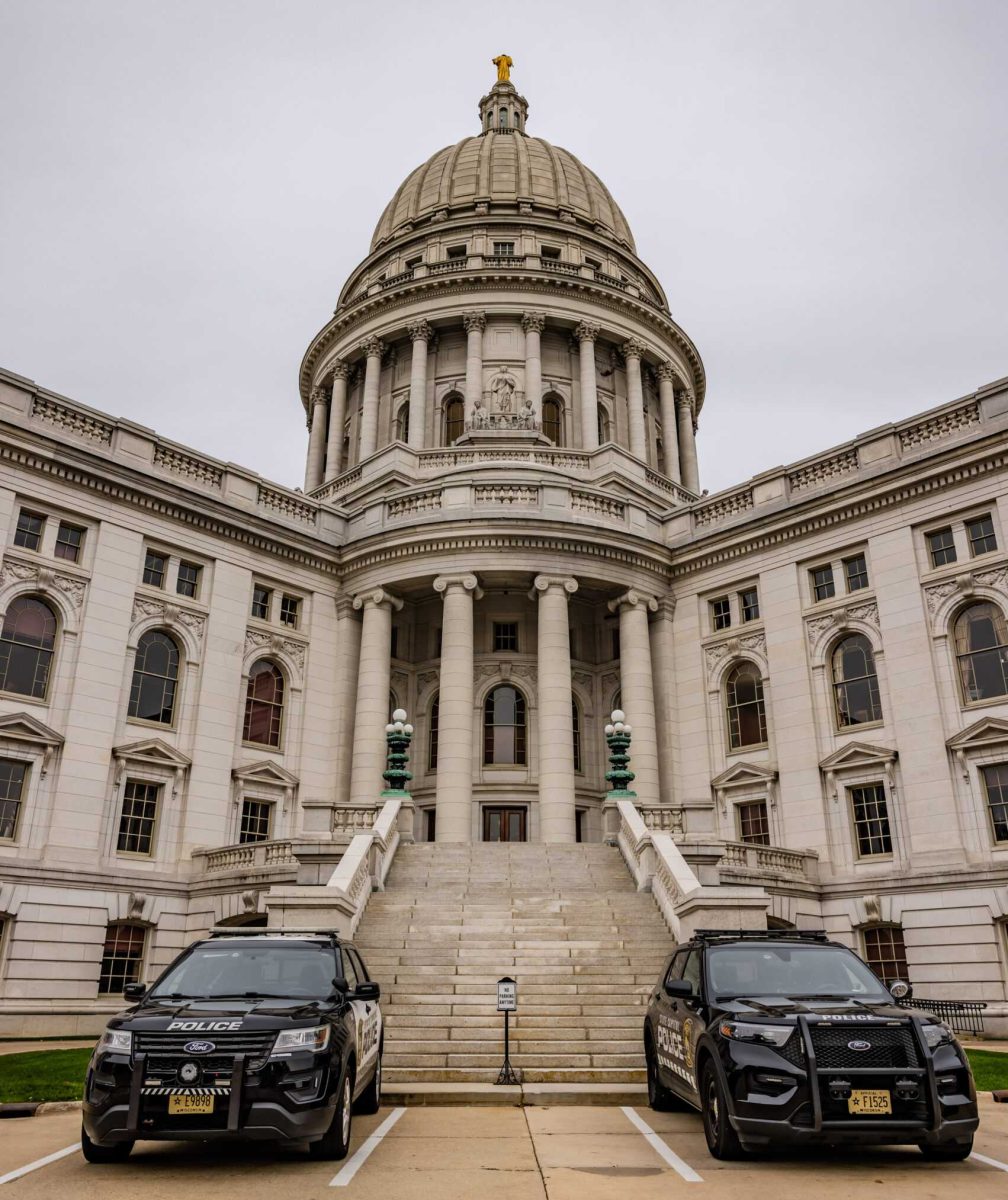Funding for candidates running in future Supreme Court elections who chose to participate in the public financing system to pay for their campaigns would be provided with voluntary financing contributions instead of tax dollars under Gov. Scott Walker’s proposed 2011-’13 biennial budget.
Walker’s budget would remove public funding for the Democracy Trust Fund, which provides campaign money for candidates who choose not to pursue private contributions, and instead require the program to find funding through voluntary donations.
The current public financing system would cease to function if these changes were to go into effect, according to Executive Director of Wisconsin Democracy Campaign Mike McCabe.
“The system wouldn’t work,” McCabe said. “The change Gov. Walker is suggesting would eliminate a key funding source for the program.”
McCabe said a result of the proposed changes, candidates would not choose to participate in the system until a future governor or legislator restores the funding.
Currently, candidates can voluntarily enter into the Democracy Trust Fund in order to campaign for election without private interest spending. The law passed under former Gov. Jim Doyle in 2009 and is in effect for the first time in the upcoming April 5 Supreme Court election, McCabe said.
The fund doled out $900,000 in funds to candidates currently running for Supreme Court Justice David Prosser’s seat. In the primaries, three of the four candidates chose to enter into the public financing system and received $100,000 each from the Democracy Trust Fund, McCabe said.
Prosser and Assistant Attorney General JoAnne Kloppenburg were among the three candidates to accept funds and make it through the primary. They both received $300,000 through the Democracy Trust Fund to use for the general election as a result, according to Government Accountability spokesperson Reid Magney.
Since Prosser and Kloppenburg both chose to accept public funds, GAB statutes forbid them from accepting private donations. In the event one candidate did not pursue public financing and accepted private donations in excess of the $300,000 limit, the other candidate could receive extra funding to make up for the imbalance.
The fund is filled by citizens who choose to have part of their income tax distributed into the public finance system. Wisconsin Republican party spokesperson Katie McCallum said the party thinks tax dollars could be better spent given the state’s current economic circumstances.
“We are facing a serious budget deficit right now, and giving tax dollars to politicians is not our number one priority,” McCallum said.
The two justices running for the Supreme Court seat could have ignored public financing for private contributions without worrying their contributors would have to disclose names because the law passed under Doyle’s term is still in caught up in the courts, McCabe said.
“Essentially, only half of the system is in practice [right now], and outside interest groups are not required to disclose their spending,” McCabe said.
Regardless, seeing the impact of these changes during the current election is not likely, McCabe said, because the process to pass the new biennial budget could drag on well into the fall.

















